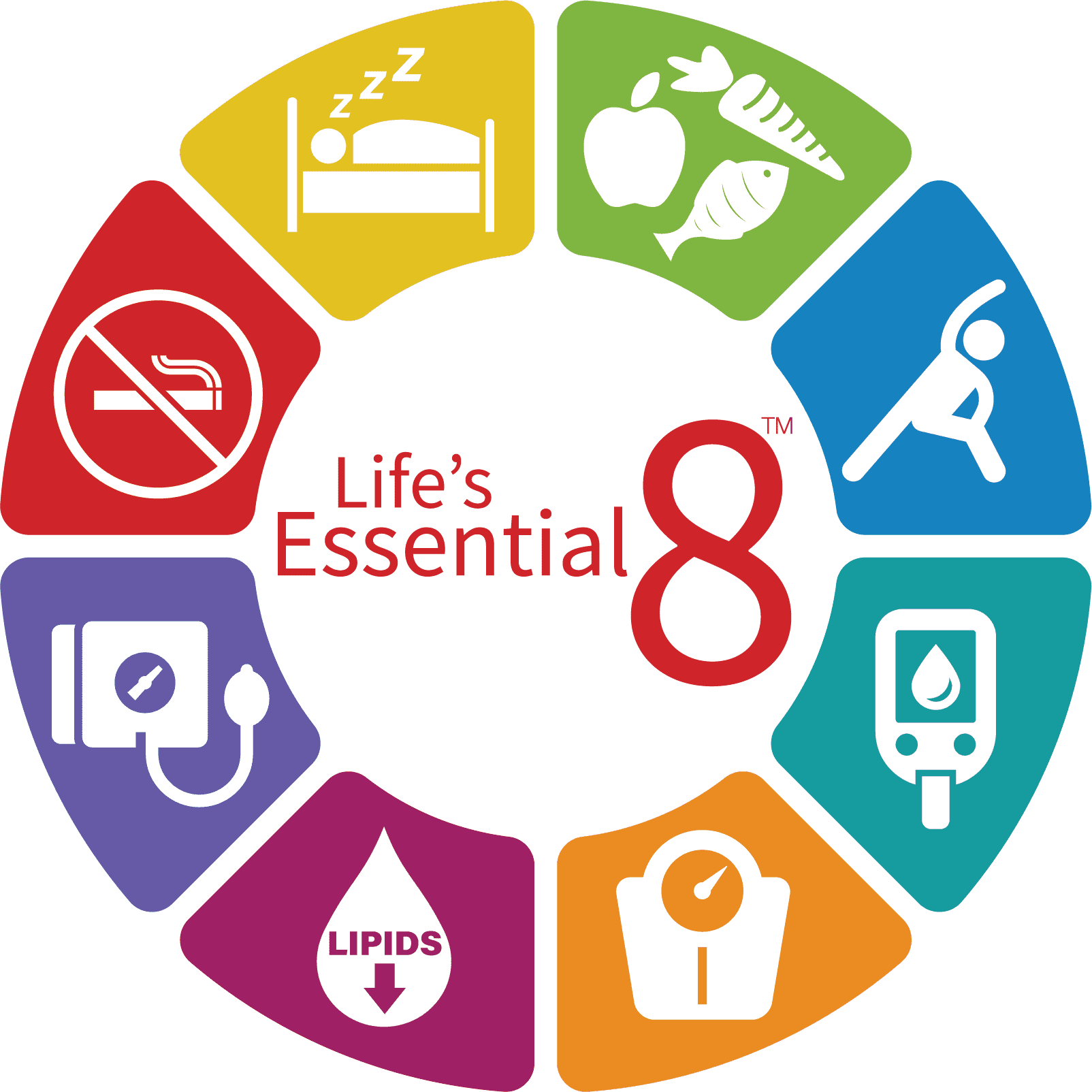By Nichole A. Cavallaro
“Philanthropy can be broadly defined as love for humankind.”
Philanthropy exists to improve the wellbeing of humankind in preventing and finding a solution to social problems. Philanthropy is not to be mistaken as charity. Charity works to eliminate the suffering caused by problematic areas in society, while philanthropy focuses on eliminating social problems. “For example, giving food to a person who is suffering from a famine is charity. The food helps the person for a brief period of time, but the person will become hungry again in the future. Teaching the person how to grow food is philanthropy because it eliminates the social problem causing the person’s hunger.”
How can we provide philanthropy for mental health and wellness? There are many funders and organizations who work to improve and/or solve the mental health problems that exist. But what is realistic as far as working toward an inclusive goal of “stamping out mental health stigmas” and “creating more awareness”? The goal is find a solution – for all of society. Advocating for mental illness and giving back to the mental health community can be extremely powerful for both families and patients. Patient advocates even say that their advocacy work helps to strengthen their own mental health recovery. And activism is a way that caregivers, loved ones, patients, and all those touched by mental illness can give back to and aid others. The following are just a few of the leading organizations that raise awareness and provide support and resources for mental health. They offer a number of ways to turn your, or others’, suffering into action.
– Child Mind Institute. The Child Mind Institute an independent, national nonprofit devoted to transforming the lives of children and families struggling with mental health and learning disorders. This organization is an invaluable resource for parents. They provide expert guidance on how to effectively respond to a variety of parental concerns as well as offer resources that can help parents find the best care for their child. Their website also has a symptom checker tool where parents can answer questions and receive information about possible diagnoses and guidance about what to do next.
– American Foundation for Suicide Prevention. The American Foundation for Suicide Prevention (AFSP) is a non-profit organization dedicated to saving lives and bringing hope to those affected by suicide. The AFSP feels that too many people at risk for suicide do not seek help. Thus, the organization has created education programs to reach those who are suffering as well as teach schools, workplaces, and communities on how to prevent suicide and make mental health a priority.
– National Alliance on Mental Illness. (NAMI) is one of the largest grassroots mental health organizations dedicated to creating better lives for Americans affected by mental illness. This group started around a kitchen table and has now become one of the nation’s trailblazing voices on mental health. NAMI is made up of state organizations, hundreds of local affiliates, and volunteers. They provide education, hold events, provide resources, and work in the community to raise awareness and offer support to all who need.
– National Institute of Mental Health. (NIMH) is the leading federal agency for research on mental disorders. NIMH is one of the 27 institutes and centers that make up the National Institutes of Health which is part of the U.S. Department of Health and Human Services. NIMH is the largest scientific organization dedicated to research focused on the understanding, treatment, and prevention of mental illness. Additionally, NIMH partners with these organizations in efforts to foster public awareness of the most current mental health research.
-Mental Health America. Founded in 1909, (MHA) is the nation’s leading community-based organization devoted to addressing the needs of people living with mental illness as well as promoting their overall mental health. This nonprofit group believes that mental health is, in fact, a critical part of overall wellness. They are an authority in mental health support, recovery, and advocacy. MHA’s philosophy is to address and treat mental health conditions before they cause individual suffering. They advocate for prevention services, early identification, and intervention of symptoms, and plans of action to hopefully stop the progression of mental illness.
Resources: www.verywellhealth.com Dawn Stacey, LMHC, PhD; www.learningtogive.org Catherine Zimmer.
Nichole is a mental health provider and writes about mental health and wellness issues on her blog, found at mentalhealthwellnesstherapy.com and self-mom.com.





